Understanding Unearned Revenue: Recognition, Reporting and Importance for Investors
Staying updated on tax legislation is critical, as changes can affect cash in advance taxation. Variable considerations, such as discounts or rebates, may impact the transaction price. Companies must estimate these variables upfront and adjust recognized revenue accordingly.
Cash in Advance: Accounting, Revenue, and Tax Implications
Adjusting entries are crucial in ensuring that financial statements reflect accurate and current financial data at the end of an accounting period. Without these adjustments, reports can misstate a company’s financial position, affecting net income and adherence to accounting principles. Once the company makes a sale against the advance, it must reduce the unearned revenues account balance. Therefore, the journal entry for recording an eventual sale against unearned revenues is as follows. Unearned revenue is a critical concept for businesses, particularly those dealing with services or subscriptions that require advanced payments. This section aims to provide an extensive understanding of unearned revenue and its importance to investors.
If a refund is issued before any goods or services are delivered, no revenue should have been recognized. If the refund occurs after partial fulfillment, the company must adjust recognized revenue to reflect only the portion of obligations met. This process requires a detailed review of the original transaction and performance obligations.
- Moreover, the recognition of unearned revenue has a direct impact on a company’s tax reporting.
- Develop and document policies and procedures for handling unearned revenue, including the process for recognizing revenue, tracking customer obligations, and managing refunds or cancellations.
- This additional cash can then be allocated to other areas such as paying off debts, investing in growth opportunities, or maintaining liquidity.
- This entry decreases the liability and increases the revenue, reflecting the earned portion of the advance payment.
- Revenue is when a sale is made, or a service is provided to the customer, which is paid for by them.
- When you sell a gift card, you’re receiving money now, but the buyer or the person they give the card to will choose goods or services later.
Tips for Better Adjusting Entries
It arises when a customer pays in advance for goods or services that will be provided at a later date. Unearned revenue is typically recorded as a liability on the balance sheet since it represents an obligation to deliver a good or service before fully recognizing it as revenue on the income statement. For instance, a software company receiving a one-year subscription fee upfront should recognize revenue monthly as services are delivered. Allocating revenue across the subscription period aligns with performance obligations, offering stakeholders a clear view of the company’s financial health.
What is the journal entry for unearned revenue?
Secondly, they must ensure, with reasonable certainty, that the customer can pay for those goods. It is because accounting standards don’t allow companies to record revenues unless they meet performance obligations. Understanding and effectively managing advance payments is crucial for maintaining a healthy cash flow and ensuring robust accounts receivable management.
One of the most frequent errors occurs when businesses fail to record revenue earned or expenses incurred during the period. This typically happens when invoices or bills arrive after the books are closed, and the accountant forgets to account for them in the proper period. Understanding adjusting entries becomes clearer when you see them applied to real business situations. Below are practical examples from various industries showing how adjusting entries work in everyday accounting scenarios.
In conclusion, unearned revenue plays an essential role in the business world by offering a source of early cash inflows and enabling better financial planning. By understanding its nature and recognizing common examples, investors and financial analysts can gain valuable insights into a company’s financial health and future prospects. This includes retaining customer contracts, invoices, and receipts that outline terms such as payment schedules, performance obligations, and refund policies.
Comprehensive documentation is critical for managing cash in advance transactions, ensuring transparency, accountability, and compliance. Proper records support accurate financial reporting and safeguard businesses during audits or disputes. Documentation should cover every stage of the transaction, from initial payment to final delivery or refund. Deferred revenue, also known as “unearned revenue”, is a key concept in accounting and financial management, particularly for businesses that receive payments before delivering goods or services.
Payments
This advance payment is unearned revenue because you’re obligated to complete the work overtime as per the contract. Calling unearned revenue a liability might seem odd because, hey, it’s cash in your pocket, right? However, in the accounting world, it’s money you owe in services or products to your customers. When a company receives an advance payment, it must record the transaction in its accounting records. The company will debit an asset account, such as “Cash” or “Accounts Receivable,” and credit a liability account, such as “Unearned Revenue” or “Deferred Revenue.”
For businesses, this process not only helps in compliance but also provides insights into future revenue streams, giving stakeholders a clearer picture of financial health. By understanding and accurately recording unearned revenue, businesses can better manage cash flow and service obligations to their customers. Unearned revenue arises when customers prepay for products or services before the company has fulfilled its obligations. Common examples include subscription-based services, prepaid insurance policies, and advance ticket sales. As the company delivers the goods or services over time, it gradually recognizes the unearned revenue as earned revenue on the income statement. When a company uses the accrual accounting method, revenue is only recognized as earned when money is received from a buyer and the goods or services are delivered to the buyer.
As goods or services are delivered, the unearned revenue account is debited, and the revenue account is credited. As obligations are fulfilled, the liability decreases, and earned revenue is recognized. For instance, if a consulting firm receives $12,000 upfront for a year-long service contract, it initially records the entire amount as unearned revenue. Each month, the firm recognizes $1,000 as earned revenue by debiting the unearned revenue account and crediting the revenue account. Unearned revenue is Unearned Revenue Enables Matching When Buyers Pay In Advance a common accounting concept where a company records money received for goods or services not yet provided or delivered. In this FAQ section, we aim to clarify some of the most frequently asked questions regarding unearned revenue.
- Different business transactions require different types of adjusting entries to ensure your financial statements accurately reflect your company’s activities.
- Accounts receivable represents the amount of money owed to a company for goods or services that have already been provided but not yet paid.
- By following these steps consistently each accounting period, you’ll maintain accurate financial records that provide reliable information for decision-making and comply with accounting standards.
- Common examples include unrecorded revenues, unpaid expenses, prepaid items, and assets that need depreciation.
- Businesses can use historical data on cash inflows, accounts receivable (A/R) aging reports, and subscriptions to predict future cash needs.
While all three relate to cash inflows, they serve different purposes and are recorded differently in financial statements. In this example, unearned revenue is reported as a current liability on the balance sheet since it is expected to be settled within a year. From a tax perspective, refunds may necessitate adjustments to taxable income if the prepaid amount was previously recorded as taxable income. Maintaining thorough documentation of refunds, including customer communications and transaction records, is essential to support these adjustments during audits. Properly accounting for refunds ensures accuracy in financial statements and tax filings.
Deferred Payment
Fourth, they should implement a segregation of duties to separate the responsibilities of preparing, reviewing, and approving adjusting entries. Third, they should verify the accuracy and precision of adjusting entries before finalizing them. Second, they should maintain thorough documentation for all adjusting entries, including the reason for the adjustment and supporting calculations.

